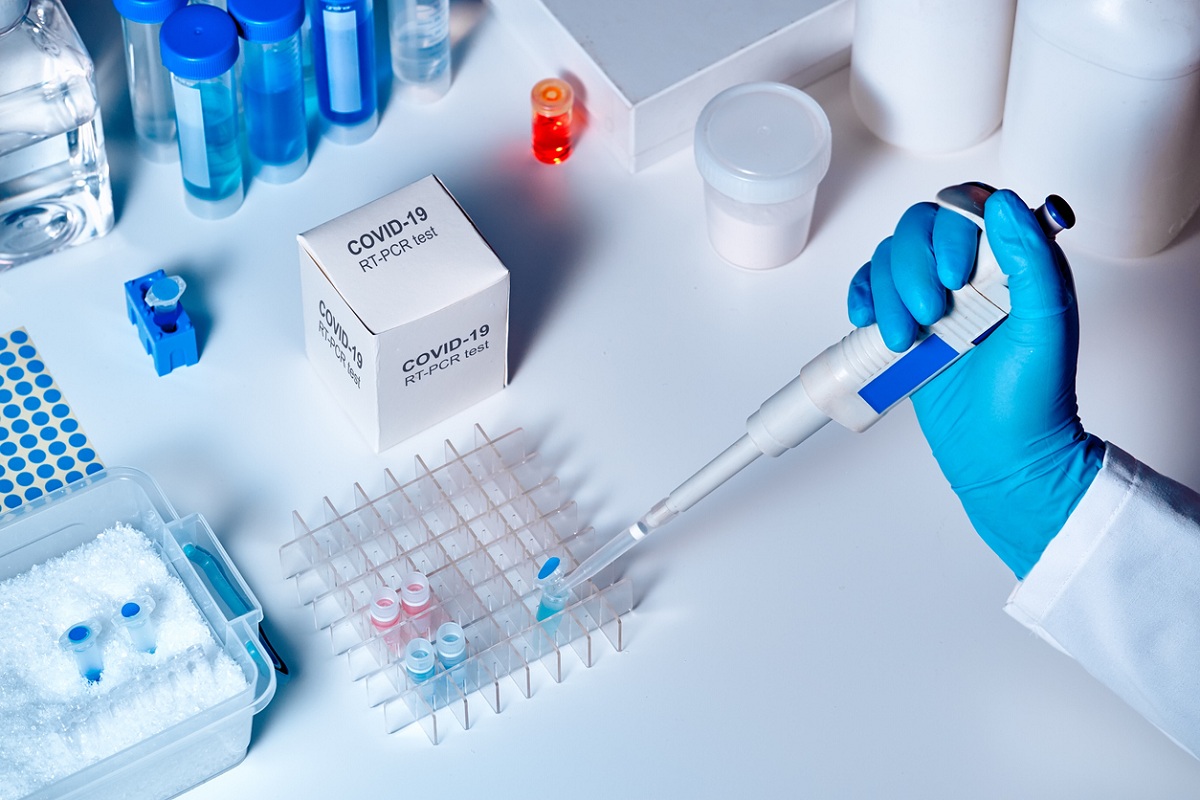Among many nations, a surge of confirmed infectious cases surrounding the COVID-19 pandemic have yielded concerns of false-negative results, which may pose a significant risk for public health experts and clinicians.
In a new report, released online in Mayo Clinic Proceedings, experts caution the overreliance on COVID-19 testing, highlighting the possible implications associated with its false-negative results.
Known as reverse transcriptase-polymerase chain reaction (RT-PCR) testing, its consistency in medical literature has not been fully established, and so a slew of improvements are necessary as we look toward a complete diminution of the epidemic, the report suggests.
“The magnitude of this concern is difficult to determine because test performance characteristics (and the validity of the studies generating them) have not been reported clearly or consistently to date,” according to the study’s co-authors.
“Fundamental characteristics of clinical diagnostic tests for COVID-19 infection including sensitivity, specificity, and corresponding likelihood ratios are largely unknown.”
“The diagnostic sensitivity of reverse transcriptase–polymerase
chain reaction (RT-PCR) testing for other viruses is highly variable, but early data from China suggested relatively poor sensitivity of initial RT-PCR tests,” the co-authors explained.
“Even with sensitivity values as high as 90% the magnitude of risk from false-negative test results will be substantial as testing becomes more widespread and the prevalence of COVID-19 infection rises.”
From their assessment, the Mayo Clinic team determined that the implications involving the potential for false-negative results might lead to reduced social distancing and other similar measures when deemed necessary to decrease transmission of the virus.
Among clinicians, they may unwittingly transmit the infection to patients and colleagues, increasing the magnitude of infection rates in the healthcare system.
“RT-PCR testing is most useful when it is positive. It is less useful in ruling out COVID-19,” said Priya Sampathkumar, a Mayo Clinic expert on infectious diseases and co-author of the study. “A negative test often does not mean the person does not have the disease, and test results need to be considered in the context of patient characteristics and exposure.”
In the report, researchers highlight the following four recommendations for public health officials going forward:
Physical distancing, surface disinfection and hand-washing as a persistent, preventative measure regardless of risk level; Highly sensitive tests are urged to decrease the prevalence of false-negative results, as are improved RT-PCR testing and serological assays; Negative test results require more caution, more specifically in hotspot regions with more confirmed cases; Lastly, risk-stratified protocols to manage negative test results of the virus are a necessity and they must improve as more data becomes accessible.


